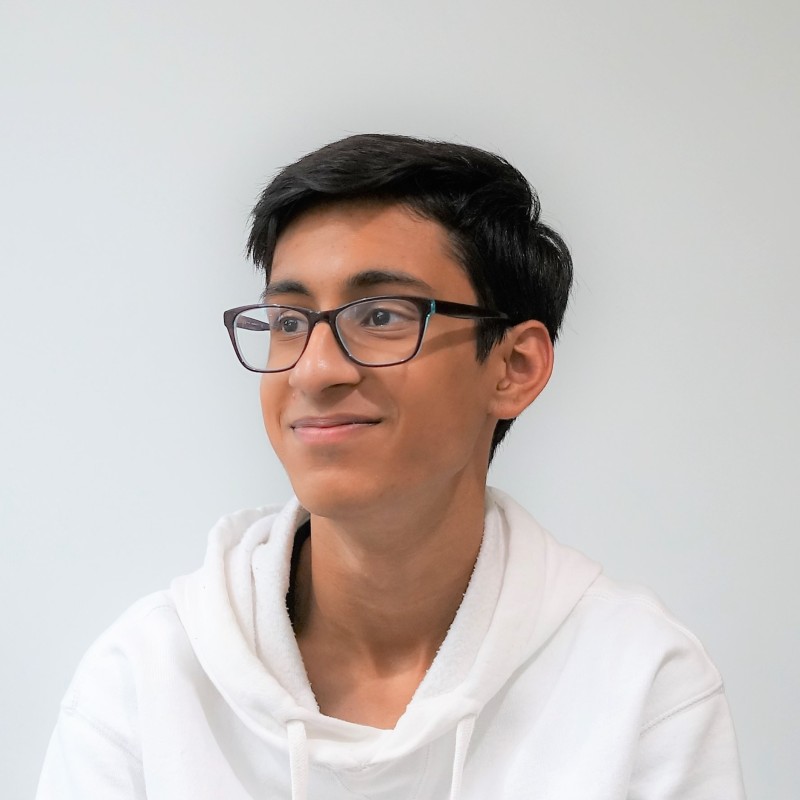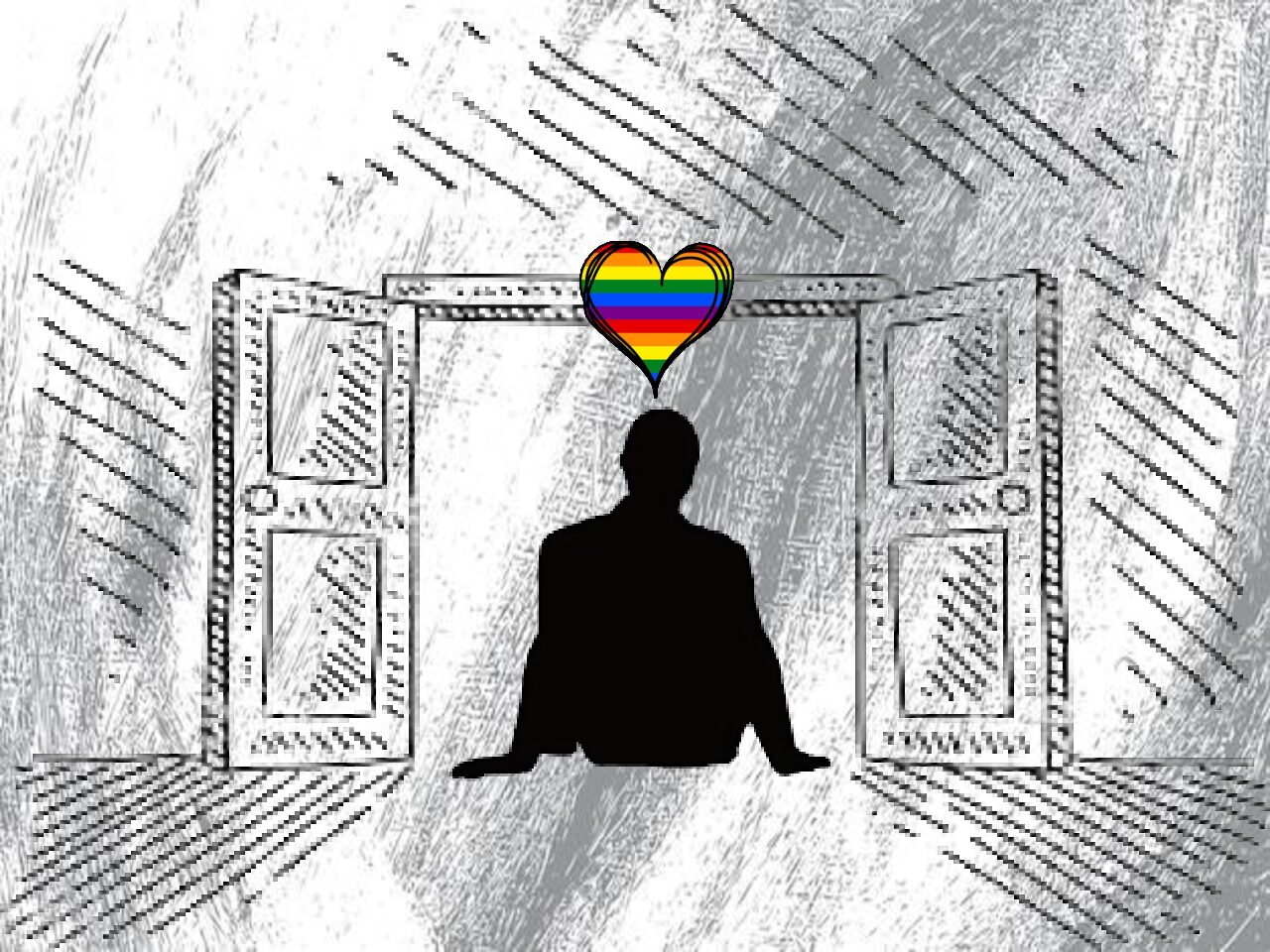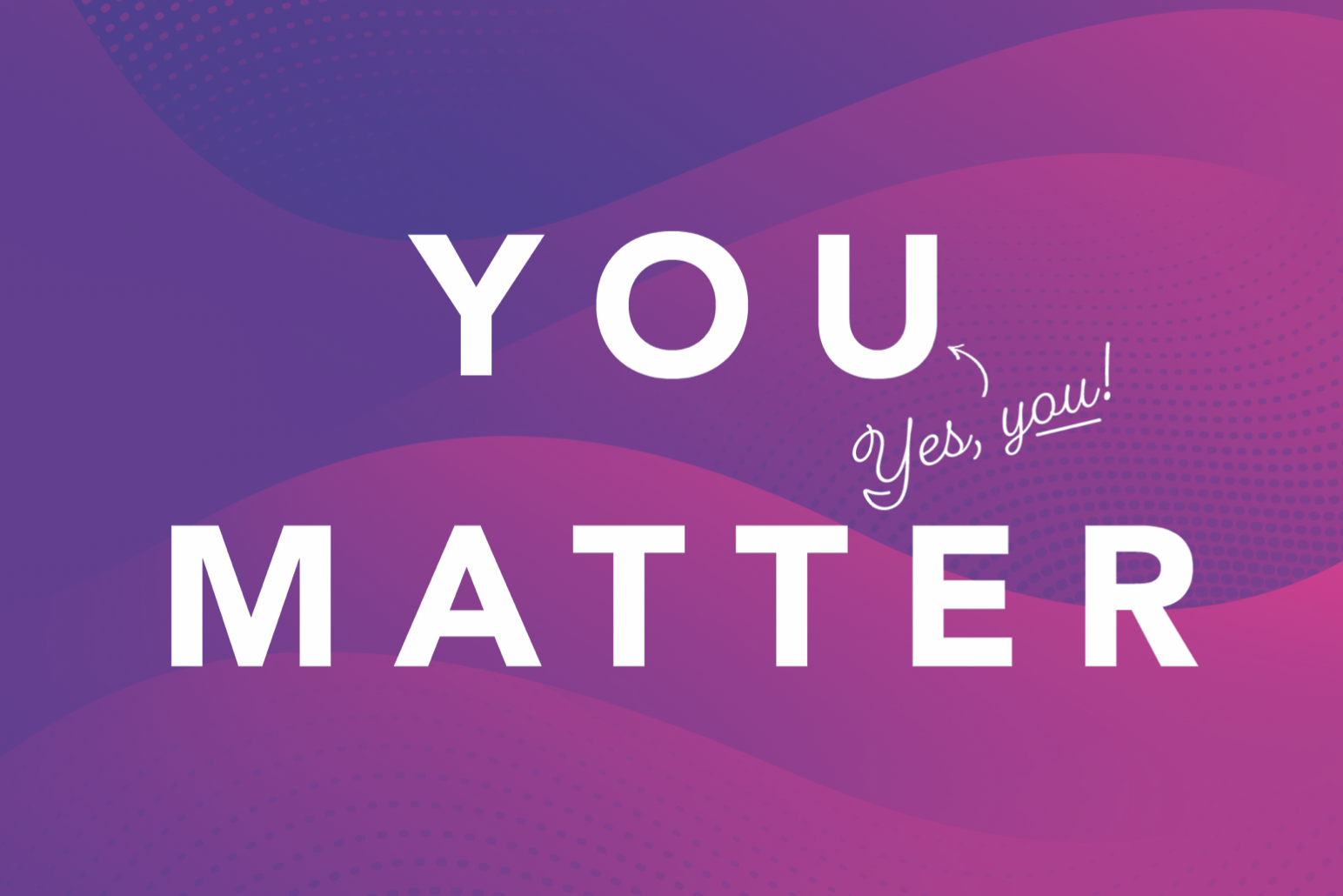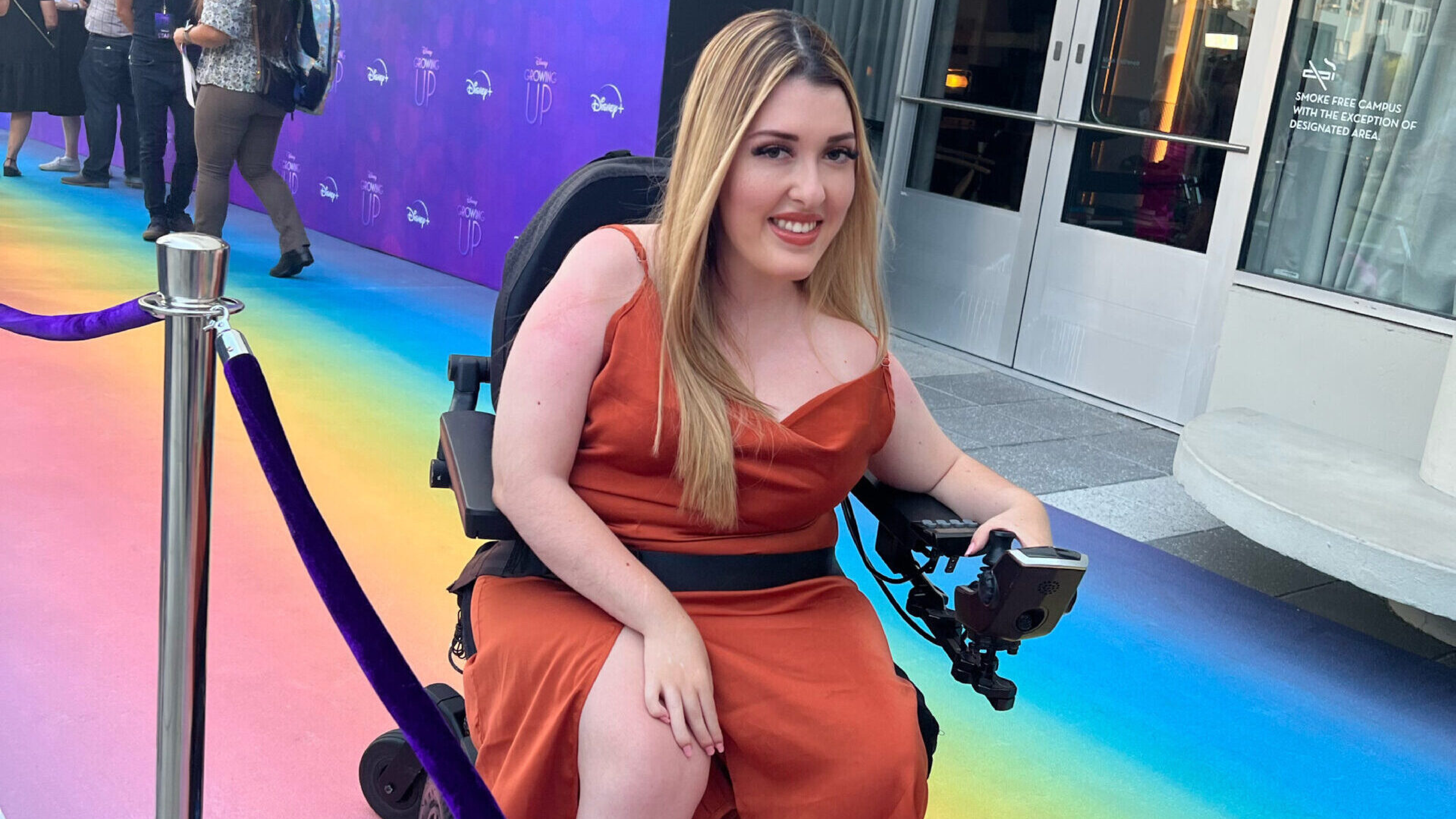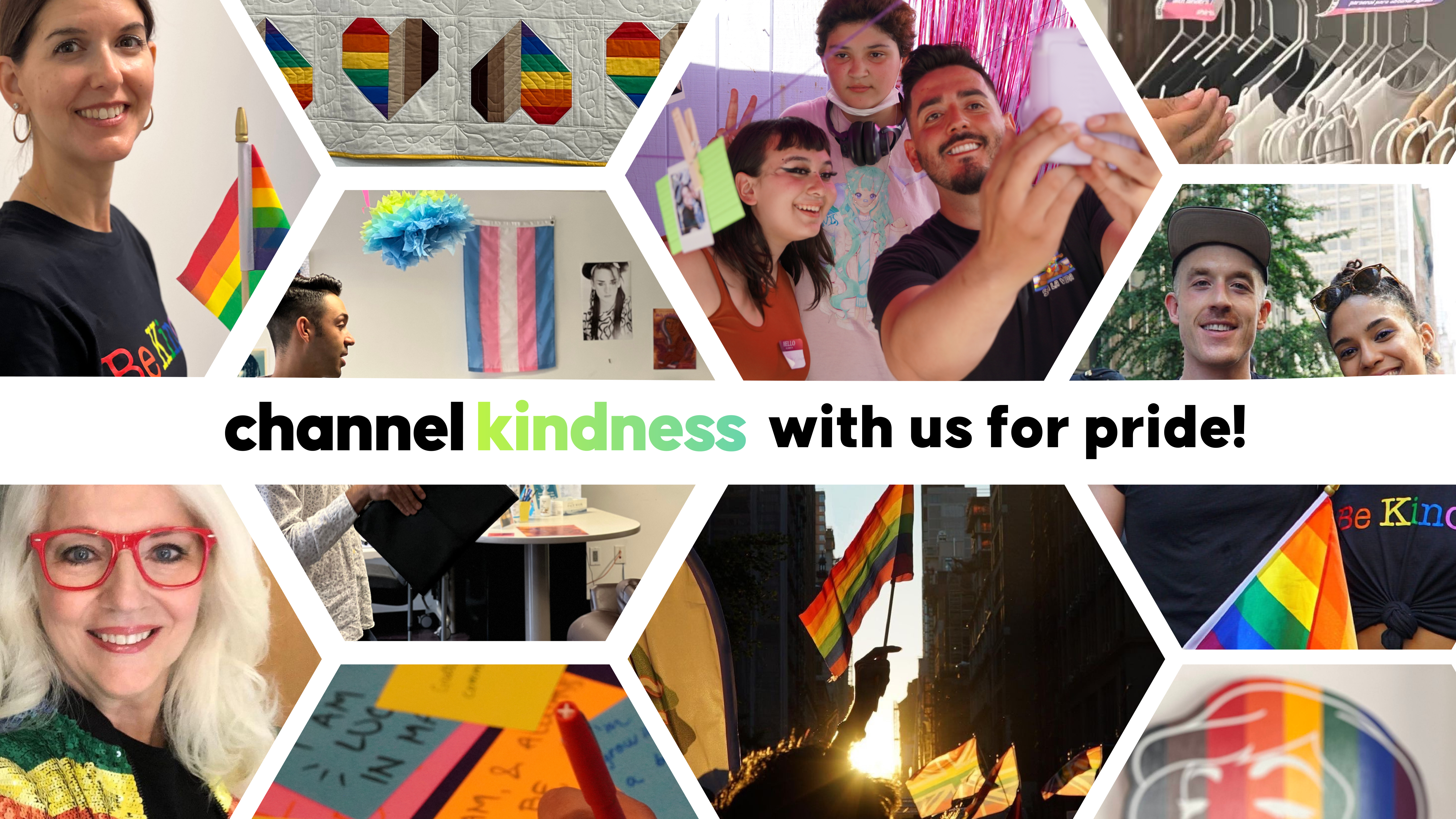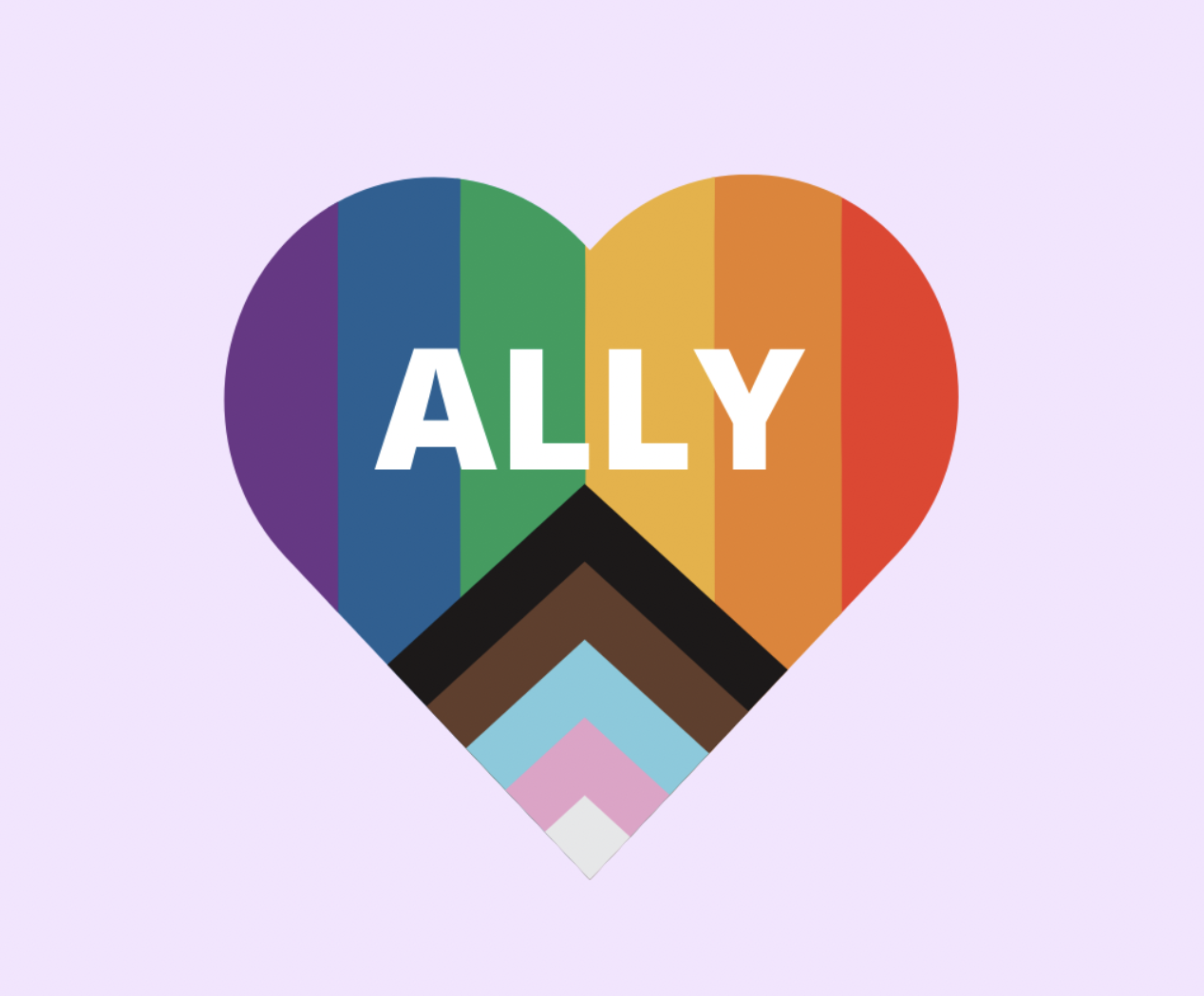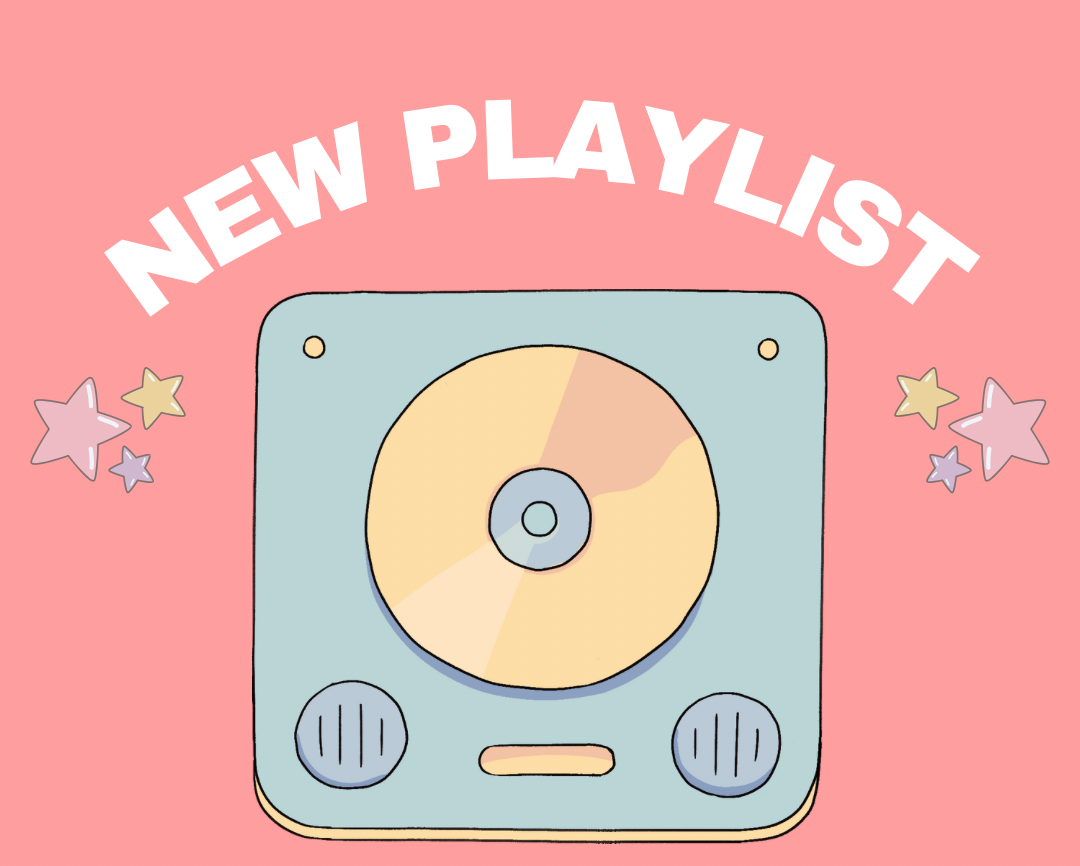There are very few things that people at a young age really love; they do it not because they have to but because they want to. For me, that love has always been debate. I will forever cherish the adrenaline rush as I walk into a round, the memories of late-night readings on obscure political events, the compliments and even setbacks. I will always appreciate the incredible community of individuals I have gotten to know over the years. But above all, I will never forget how debate helped me come to terms with my sexuality.
Queer theory represents various philosophical ways to understand how queerness structures itself within society. While all of the jargon and terminology admittedly sounds intimidating at first, these texts hold the power to be a moving force once understood.
My transformation began with an introduction to a concept known as asexual erotics. I originally intended to read it to win debate rounds, but little did I know it turned into much more. Asexual erotics describes re-evaluating our understandings of affection to include non-romantic interpretations. Justifications within the literature cite the experiences of various asexual/aromantic individuals and how society tends to understand that identity group. It was when I got to say, “Same, this is so relatable,” that I realized that I’m never going to live the traditional life I always had planned out for myself.
Part of me was worried, the other half was scared. But somewhere deep down, there was also a sense of excitement. What happens now? Where do I go from here? For the first time, I was reading something I truly cared about and understood, but there was always room for more. When I came out to my friends, I got comments like “I know you, you just haven’t found the right one.” It wasn’t the first time I heard this. The books warned that asexuals might face such comments. This pushed me even closer to the literature base and motivated me to embrace my identity more than ever.
As I diversified into reading more queer theorists’ works, I learned that I wasn’t aro/ace. I was heartbroken that I would have to accept myself all over again after I finally started getting comfortable with my sexuality. Thankfully, my friends were extremely supportive, and I started reading the works of other queer theorists that aligned more with my identity.
Everyone has unique methods of self-discovery. For me, it was doing what I love the most, debate.
For others, it may be media, extracurriculars, or that special someone. The rainbow in the pride flag is not limited to gender and sexuality; it also applies to how we discover and accept ourselves. For everyone who isn’t entirely sure of who they are or still questioning, hang in there! Keep doing what you love, and self-discovery will follow naturally. You are not compelled to know who you are or explain yourself to others. The only person you are obligated to is yourself. Tough decisions will have to be made and doubts will arise, but in the end, they only make us more resilient and leave us stronger than before. In the words of Tim Cook, “It’s about finding your values and committing to live by them. You have to find your North Star. And that means choices. Some are easy. Some are hard. And some will make you question everything.”




